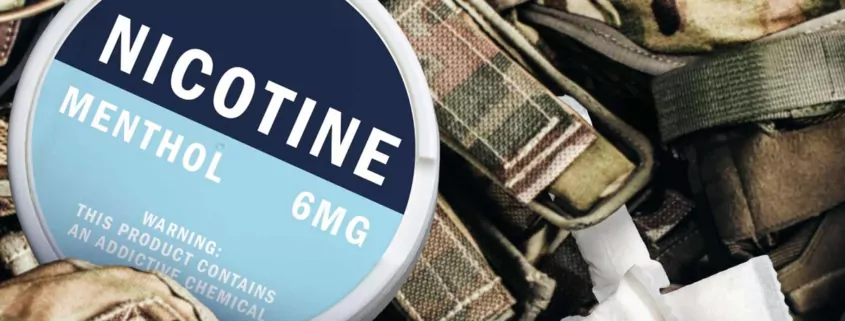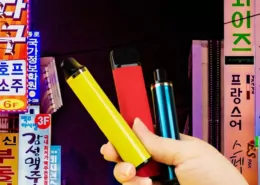U.S. Soldiers 10x More Likely to Use Synthetic Nicotine Pouches
A recent study conducted by researchers from the University of Virginia (UVA) has revealed that American soldiers are 10 times more likely to use addictive synthetic nicotine pouches, such as the popular brand Zyns, compared to the average civilian. The survey, conducted at Fort Liberty, the largest military base in the U.S., found that 23.8% of personnel had used a nicotine pouch at least once in the past 10 days, while only 2.9% of American adults reported using a pouch during the same time period in a 2022 study.
Melissa Little, Director of the Center for Nicotine and Tobacco Research at UVA and co-author of the study, warns that these nicotine pouches are like the “wild west” as they are not regulated by the FDA like traditional tobacco products. While some may believe that synthetic nicotine is safer than tobacco, doctors caution that it is still too early to determine the long-term health effects of these products.
The study found that addiction to nicotine pouches is most prevalent among young, white male soldiers. Although nicotine and tobacco use has long been a part of military culture, Little emphasizes that these pouches are particularly difficult to police. “If you are using a nicotine pouch, you can pop it in, it’s just like you have a mint in your mouth,” she explained. “No one would even know you have it in there. So, the levels of addiction we’re seeing, particularly among the younger people who are using these products, is really scary because there isn’t any time when they can’t use them.”
Unlike cigarettes, soldiers can actively use nicotine pouches while out in the field and training, making them a more discreet alternative to smoking, especially given the restrictions on smoking, vaping, and chewing tobacco in Department of Defense facilities. Soldiers also turn to pouches during long field exercises to suppress hunger and stay alert, according to Army Capt. Nicholas Hassell.
As approximately 200,000 soldiers transition to civilian life each year, researchers stress the importance of addressing nicotine addiction early. “Providing military personnel with tools to lead healthy lives is the best way we can give back,” said Little, adding that tailored interventions for military personnel are currently in development.
While Little has no objection to soldiers choosing to use nicotine pouches, she emphasizes the need for them to have access to all available health information about any potential harm these products may cause. Determining the exact risks will require more time and research, but addressing the growing trend of nicotine pouch use among military personnel is crucial for protecting their long-term health and well-being.
- Bestselling Vapes in UK After Disposable Ban: What to Stock 2025 - August 8, 2025
- Argentina Debates Stricter Vape Laws Amid Prohibition Failures - August 8, 2025
- Nigeria Advocacy Group Urged to Hike Tobacco & Vape Tax by 100% - August 8, 2025









